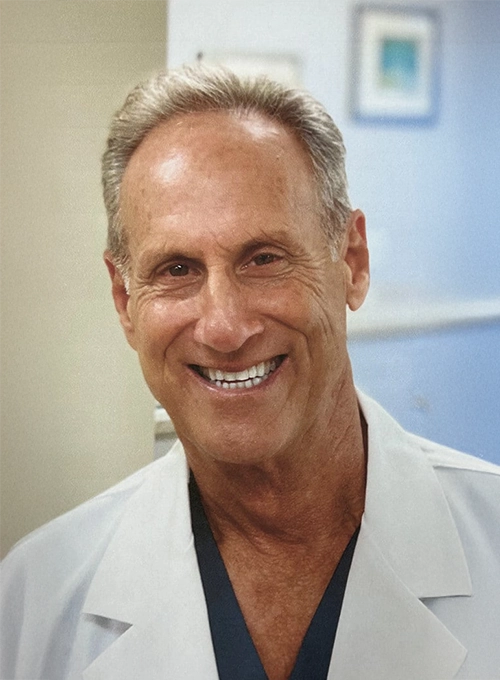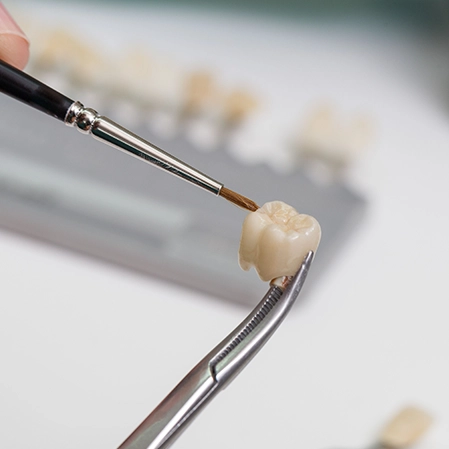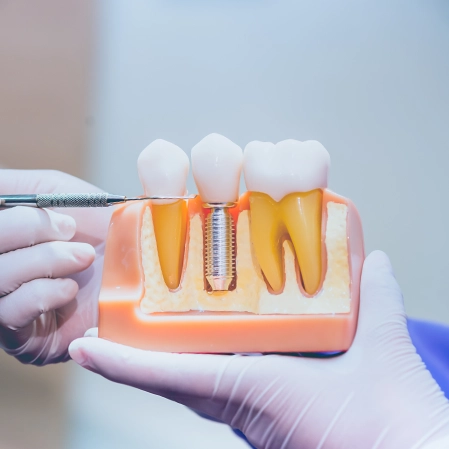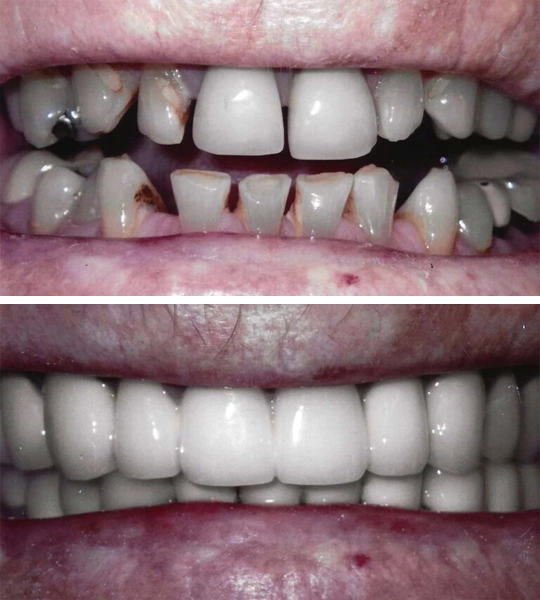3350 NJ-138 W. Bldg 2, Ste 127 | Wall Township, NJ 07719
3350 NJ-138 W. Bldg 2, Ste 127
Wall Township, NJ 07719
Our Services
Our team will not only treat you well, but we will also carefully monitor your teeth and gums, noting changes from visit to visit. Our team will stay ahead of the latest advances in dental technology, including the latest in laser dentistry for periodontal gum therapy and contemporary techniques for implant dentistry. We have selected proven treatment methods to promote your smile’s health, strength, and appearance.
Part of our commitment to patients involves taking the time to explain your current dental health and make sure that you understand the pros and cons of each possible treatment. Once we equip patients with the knowledge to make educated decisions, we leave those choices up to you. Dr. A.J. Mancino wants you to move forward with treatment only when you feel prepared and comfortable. Recommended services may include: cosmetic dentistry, general dentistry and restorative dentistry.
You deserve a beautiful smile
In our practice, you will discover contemporary dental care designed for your complete satisfaction. We believe that teeth should look great, function properly, and withstand the rigors of daily life. Dr. A.J. Mancino and the team at Comprehensive Dentistry combine the science of restoring teeth with artistic vision in cosmetic dentistry to produce strong, beautiful smiles.
Common Concerns, Conditions, And Issues
Dentists are like the Swiss Army knives of oral health—they’re equipped to handle a wide variety of concerns, keeping your smile in top shape. One of the most common issues they treat is tooth decay, which is as pesky as it sounds. Cavities can sneak up on anyone, but a dentist is ready to stop them in their tracks with fillings or crowns. Gum disease, another frequent offender, is also on their radar. Whether it’s mild gingivitis or more severe periodontitis, general dentists can provide treatments to protect your gums and preserve your teeth. And let’s not forget about everyday nuisances like tooth sensitivity, bad breath, or that random chipped tooth—they’ve got solutions for all of it.
But their expertise doesn’t stop at quick fixes. General dentists are also your first line of defense against more complex conditions. They diagnose and manage oral infections, TMJ disorders, and even the occasional sleep apnea-related issue. Think you grind your teeth at night? They can create custom mouthguards to save your teeth from unnecessary wear and tear. From preventive cleanings to restorative care, general dentists tackle it all, ensuring your smile is not just healthy but strong enough to take on whatever life throws your way.









